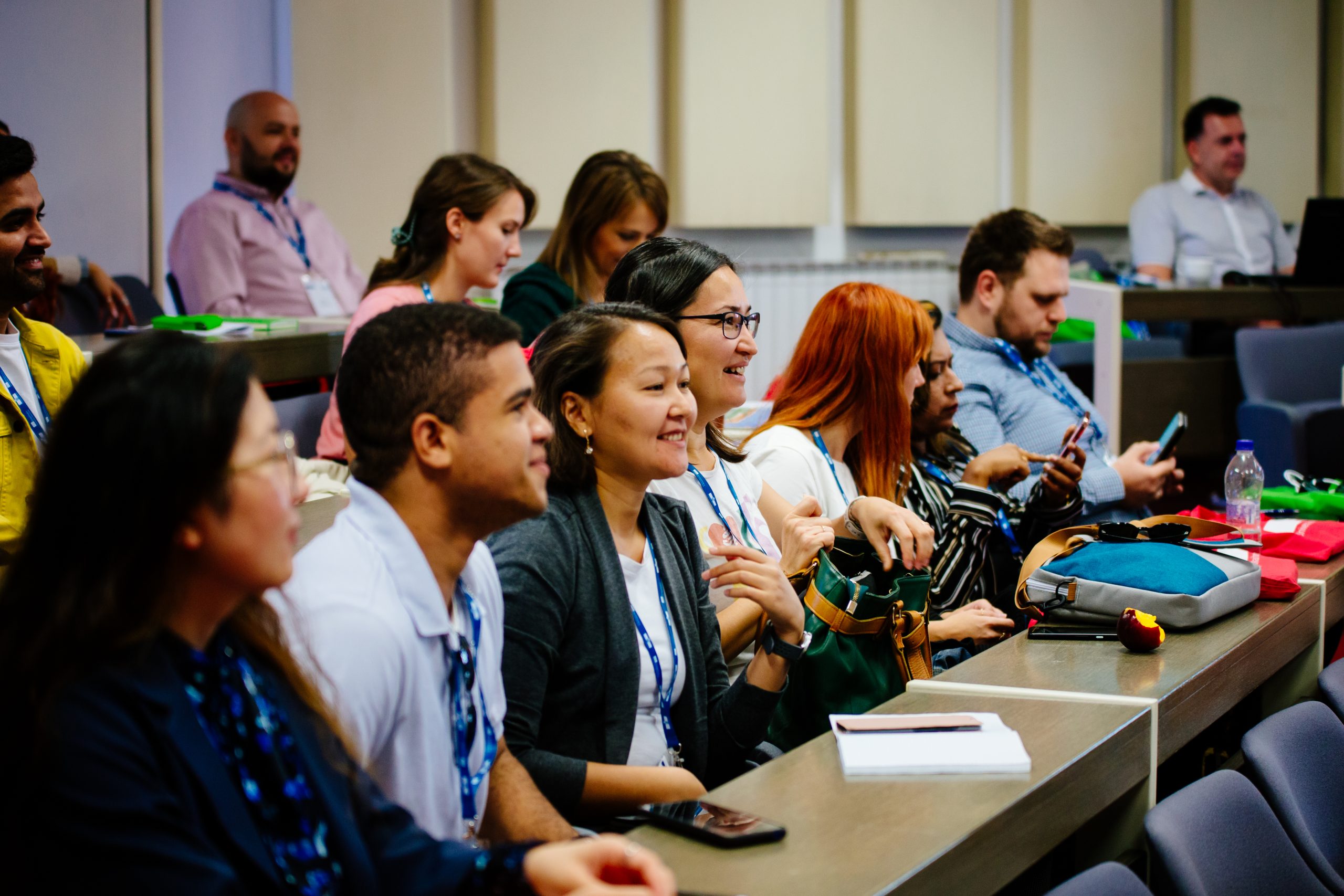SUMMER SCHOOLS
University of Maribor Open Science Summer School 2022

The summer school was organised as a Blended Intensive programme (BIP) with a physical and a virtual part.
The virtual part of the BIP was carried out as an MS Teams meeting. During the presentation, the participants collaborated with questions and discussion. The purpose of the virtual meeting was to provide participants with important information prior to their arrival to Maribor (regarding accommodation, orientation in the city etc.) and to allow them to prepare for lectures before arrival by a systematic literature review of their thesis or study courses.
Skills and competencies related to data literacy and research data management are indispensable in today’s data-intensive research environment, both in STEM as in the humanities and social sciences. In recent years, there has been a significant shift towards open science in scientific communication, and many new approaches, tools and technologies have appeared that enable a research process that goes beyond the traditional way of research work. Open science has the potential to lead researchers to an open, collaborative, transparent, reproducible and, therefore, efficient research process.
The objective of the University of Maribor Open Science Summer School was to offer PhD students and researchers at the beginning of their careers the opportunity to learn about and develop skills in the areas of research data management and learn to provide open access to their research results/findings. Through lectures and workshops led by national and international experts, we enabled a deeper understanding of these topics and provided valuable practical experience. The goal was to ensure that young researchers were empowered to practice open science. Talks and workshops included the following topics:
- Open data, FAIR data and research reproducibility
- Data management plan (DMP) writing
- How to find a suitable (data) repository
- Copyright and licenses
- How to manage sensitive data
- Preprints, open reviews and how to choose an open access journal
- European Open Science Cloud and (open) research infrastructure
With lectures and workshops led by domestic and international experts, the course provided a deeper understanding of topics concerning research data management, open science, science communication, copyright issues in sharing research results and insight into valuable practical experience.
- Lectures: During the lectures, the participants learned about the theoretical and practical aspects of open science, research data management, the FAIR principles, copyright and ensuring open access to their research results.
- Workshops: With the help of interactive workshops, the participants gained practical experience in the field of planning research data management and ensuring open access to their research results. They also familiarized themselves with the services and possibilities of using the European Open Science Cloud.
- Field trip: The participants had a guided tour of the research institution IZUM (Institute of Information Science) in Maribor, where they got to know the infrastructure and the flow of data-intensive work and big data management.
- Social activities: The reception of the participants in the form of an introductory evening together and other social activities with some of the lecturers who were actively involved in the implementation of the entire program were aimed at getting to know each other and networking for possible future joint projects.
- Course materials: The participants received pre-reading materials to familiarize themselves with the topics before the physical part of the course. All the lectures were published on the course website in video format, as well as the presentations, which are made available in open access for future reference and (re)use.
- Knowledge assessment: At the end of the course, the participants took an online quiz to test their knowledge, self-reflect on the topics and work on an example of their choosing.
- Course assessment: The participants were asked to fill out an evaluation form at the end of the course and evaluate the quality and value of the course.








